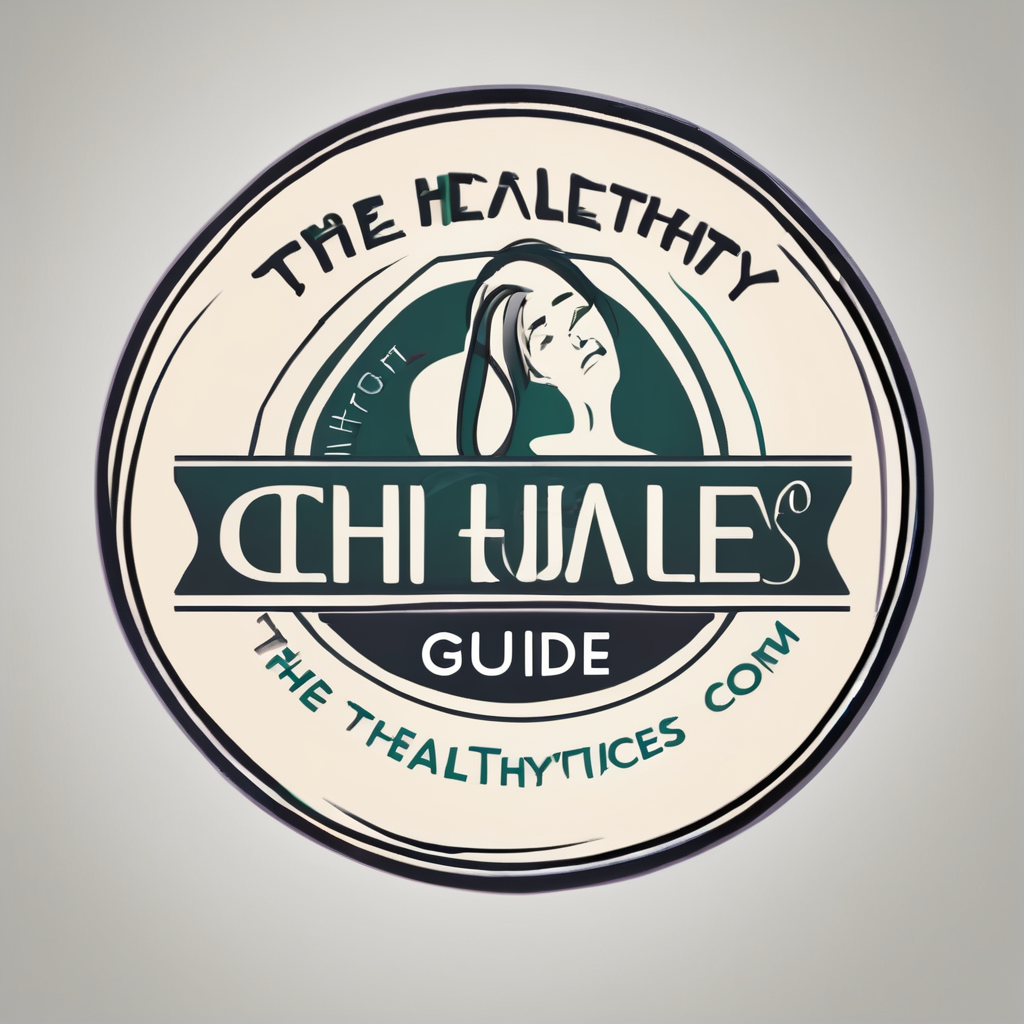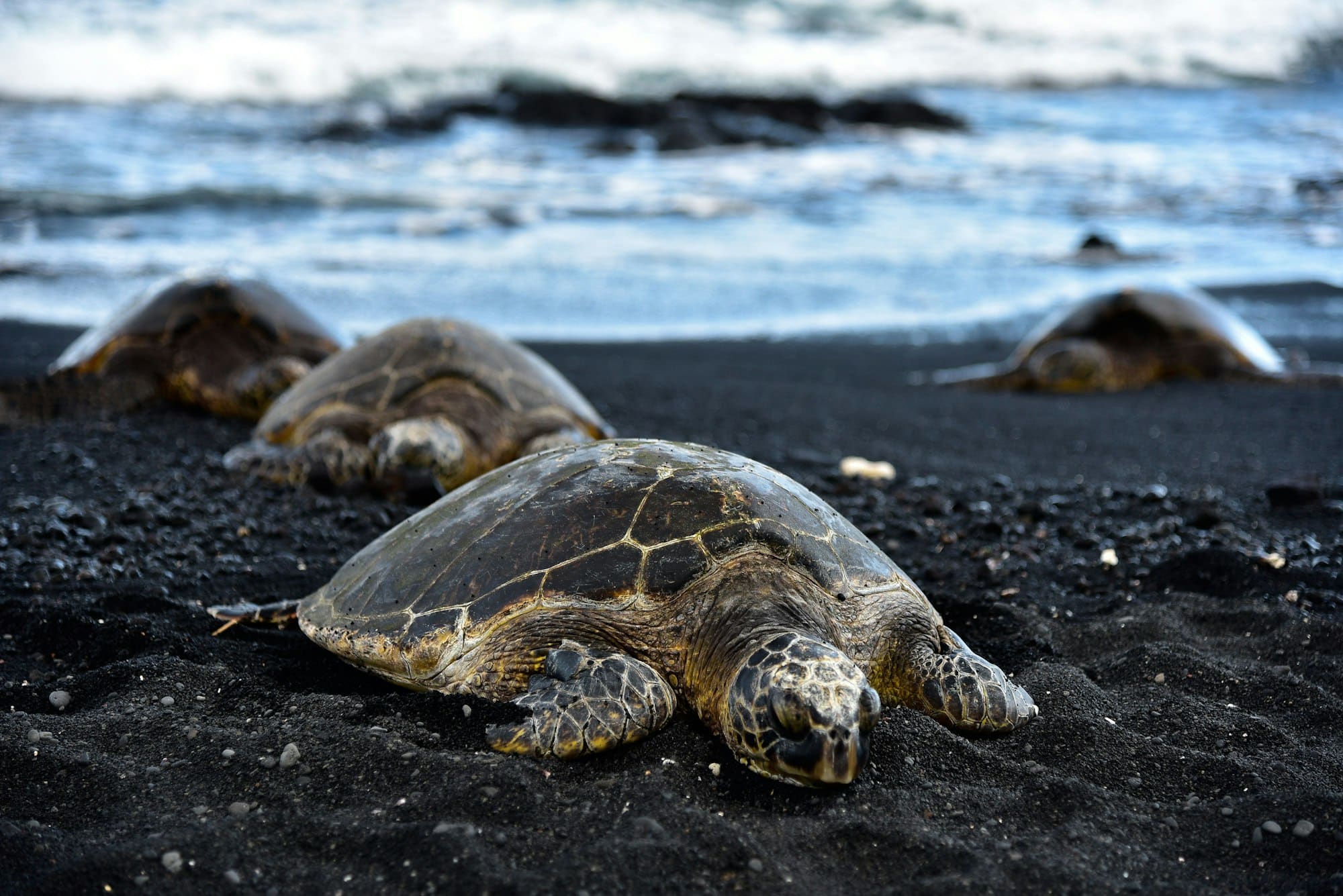Importing exotic pets in the UK requires navigating a complex web of regulations. As the rules evolve, it’s essential for pet enthusiasts to stay informed. Whether considering a rare reptile or an unusual bird, understanding 2023’s import guidelines ensures compliance and the well-being of these animals. Explore the latest requirements to facilitate your exotic pet ownership responsibly and ethically. Ensure your passion for unique pets aligns with the legal framework and conservation efforts in place, keeping both you and your new companion happy.
Overview of 2023 UK Exotic Pet Import Regulations
In 2023, the UK exotic pet import rules have undergone significant changes to address rising concerns about biodiversity and animal welfare. These new pet import guidelines aim to ensure that only species which can be properly cared for and do not pose a threat to local ecosystems are allowed into the country.
Sujet a lire : Essential Fire Safety Obligations for UK Landlords in 2023: What You Need to Know
One of the key changes in the 2023 regulations is the introduction of stricter documentation requirements. Importers must now provide comprehensive evidence of the pet's origin, health status, and species classification. This ensures transparency and helps authorities monitor and control the types of animals entering the UK.
Understanding these regulations is crucial for anyone involved in importing exotic pets. Non-compliance can lead to severe legal consequences, including hefty fines and the confiscation of animals. Additionally, individuals found guilty of violating these rules may face restrictions on future imports.
A lire également : Explore the Most Recent UK Traffic Laws for Electric Scooters: What You Need to Know
The regulations also emphasize the importance of responsible pet ownership. Prospective owners are encouraged to research and ensure they can meet the specific needs of exotic pets before importing them. By adhering to these guidelines, importers not only protect themselves from legal repercussions but also contribute to the safeguarding of both animal welfare and the UK's natural environment.
Required Permits and Documentation
Navigating the import permits for exotic pets in the UK requires understanding the specific types of permits needed for different species. Each species may have unique requirements, reflecting their potential impact on the environment and public health. To ensure compliance, importers must obtain the correct permit tailored to the species they wish to bring into the country.
Documentation for exotic pets is another critical aspect of the import process. Importers are required to submit detailed paperwork that includes health certifications and veterinary assessments. These documents must certify that the pet is free from diseases and meets the health standards set by UK authorities. Such requirements are in place to prevent the introduction of foreign diseases that could affect local wildlife and domestic animals.
The pet import paperwork process involves several steps. Applicants must fill out the necessary forms, provide evidence of the pet’s origin, and demonstrate that they can meet the animal's specific needs. The application process for import permits can be rigorous, requiring careful attention to detail to avoid delays or rejections. By adhering to these documentation requirements, importers not only comply with legal obligations but also contribute to the responsible and ethical importation of exotic pets into the UK.
Prohibited and Restricted Species
Understanding the prohibited species UK list is essential for anyone considering the importation of exotic pets. The UK government has identified certain species that are banned from importation due to their potential threat to local ecosystems or public safety. These restricted exotic pets include, but are not limited to, certain reptiles, amphibians, and large predators. The aim is to prevent ecological imbalances and protect native species from invasive threats.
Criteria for Species Classification
Species are classified as restricted based on a set of criteria that evaluates their potential impact on the environment and public health. Factors include the animal's ability to survive and reproduce in the wild, its potential to carry diseases, and its compatibility with the UK's climate. This thorough assessment helps ensure that only species which pose minimal risk are allowed entry.
Implications of Importing Prohibited Species
Importing exotic pet import bans can have serious legal consequences. Individuals caught attempting to bring in prohibited species may face fines, legal action, and the seizure of the animals. These measures are in place to deter illegal importation and maintain ecological balance. Importers must remain informed and compliant with these regulations to avoid severe penalties and contribute to the conservation of the UK's natural heritage.
Health and Safety Regulations
Ensuring the health and safety of exotic pets involves adhering to strict health regulations for imported pets. These regulations are designed to protect both the animals and the local ecosystem. One critical requirement is conducting thorough health checks and vaccinations. Importers must ensure that pets undergo comprehensive veterinary assessments to certify they are disease-free and meet the UK's health standards. These checks are crucial in preventing the spread of foreign diseases.
Quarantine measures are another vital component of the safety standards. Upon arrival, certain exotic pets may be subjected to a quarantine period. This ensures that any potential health issues are identified and addressed before the animals are introduced into the general population. The quarantine duration can vary based on the species and their health status.
The role of veterinary authorities in the import process cannot be overstated. These professionals are responsible for verifying the health documentation and conducting necessary inspections. Their expertise ensures that all exotic pet health requirements are met, safeguarding both the imported animals and the UK's native species. By following these regulations, importers contribute to a safe and responsible pet importation process.
Resources and Support for Importing Exotic Pets
Navigating the complexities of exotic pet importation can be daunting, but numerous official resources for pet importation are available to assist importers. These resources provide essential guidance and ensure compliance with UK regulations.
Relevant Agencies and Their Roles
A number of exotic pet import agencies play pivotal roles in the import process. The Animal and Plant Health Agency (APHA) is crucial in overseeing health checks and documentation. They ensure that all health and safety standards are met. The Department for Environment, Food & Rural Affairs (DEFRA) provides comprehensive guidelines on species classification and import restrictions. Engaging with these agencies can offer clarity and facilitate a smoother importation process.
Accessing Official Documentation and Guidelines
To support importers, these agencies offer detailed documentation online. Importers can access forms, health requirements, and species regulations directly from agency websites. While links are not provided here, visiting the official DEFRA and APHA sites will yield the necessary documents and instructions.
Tips for Effective Navigation
- Engage early with relevant agencies to understand specific requirements.
- Stay updated on regulation changes to avoid non-compliance.
- Utilise support networks for pet owners, such as forums and community groups, to share experiences and advice.
By accessing these resources and support systems, importers can navigate the process more effectively and responsibly.
















